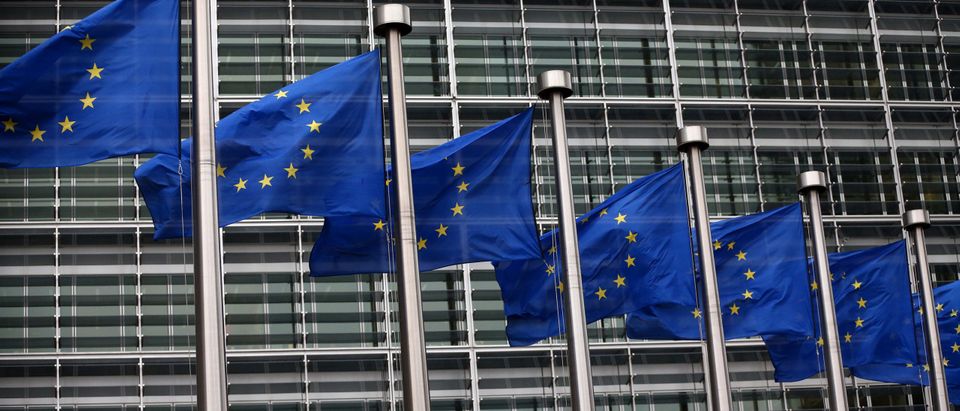The European Union agreed on Wednesday to reopen its borders to travelers who have been fully immunized against COVID-19 with an approved vaccine, or are coming from a list of countries considered safe.
Ambassadors from E.U. member states endorsed a proposal from the European Commission at a meeting Wednesday to reopen borders to tourists and other travelers, The New York Times reported. They also agreed to expand the list of countries it considered safe from which visitors can travel; as of Wednesday the list included seven nations.
The E.U. shut down nonessential travel and imposed strict measures last year to contain the spread of COVID-19 across its 27 member states. (RELATED: Americans Will Officially Need A Vaccine Passport For Travel To Europe In 2021)
Breaking News: The EU agreed to reopen its borders to visitors who are fully vaccinated or those coming from countries considered safe from a Covid-19 perspective.https://t.co/mX9oLGbD3g
— The New York Times (@nytimes) May 19, 2021
E.U. Commission spokesman Christian Wigand announced Wednesday that the European Council “will now recommend that member states ease some of the current restrictions” for those who have been fully vaccinated, The Associated Press (AP) reported. But an official date for reopening has not been announced as member states must first formally approve the measure.
The E.U. will only accept travelers who have received vaccines approved by its regulators or the World Health Organization, The Times reported. The list includes Pfizer-BioNTech, Moderna, Johnson & Johnson, AstraZeneca and Sinopharm vaccines.
“The council should also soon expand the list of non-EU countries with a good epidemiological situation from where travel is permitted,” Wigand added.
The list of countries considered safe from COVID-19 based on epidemiological data is expected to be finalized Friday and could go into effect as early as next week, officials involved in the process told The Times. The European Center for Disease Control and Prevention said it would advise E.U. officials on expanding the list, according to AP.
E.U. member states will also have the ability to change the approved measures for their individual countries, meaning some member states could retain stricter measures for foreign travelers, The Times reported.
Wigand also said the ambassadors agreed on an “emergency brake” option that would allow member states to quickly re-enact travel restrictions in case of a new COVID-19 outbreak or a new variant, according to AP.


